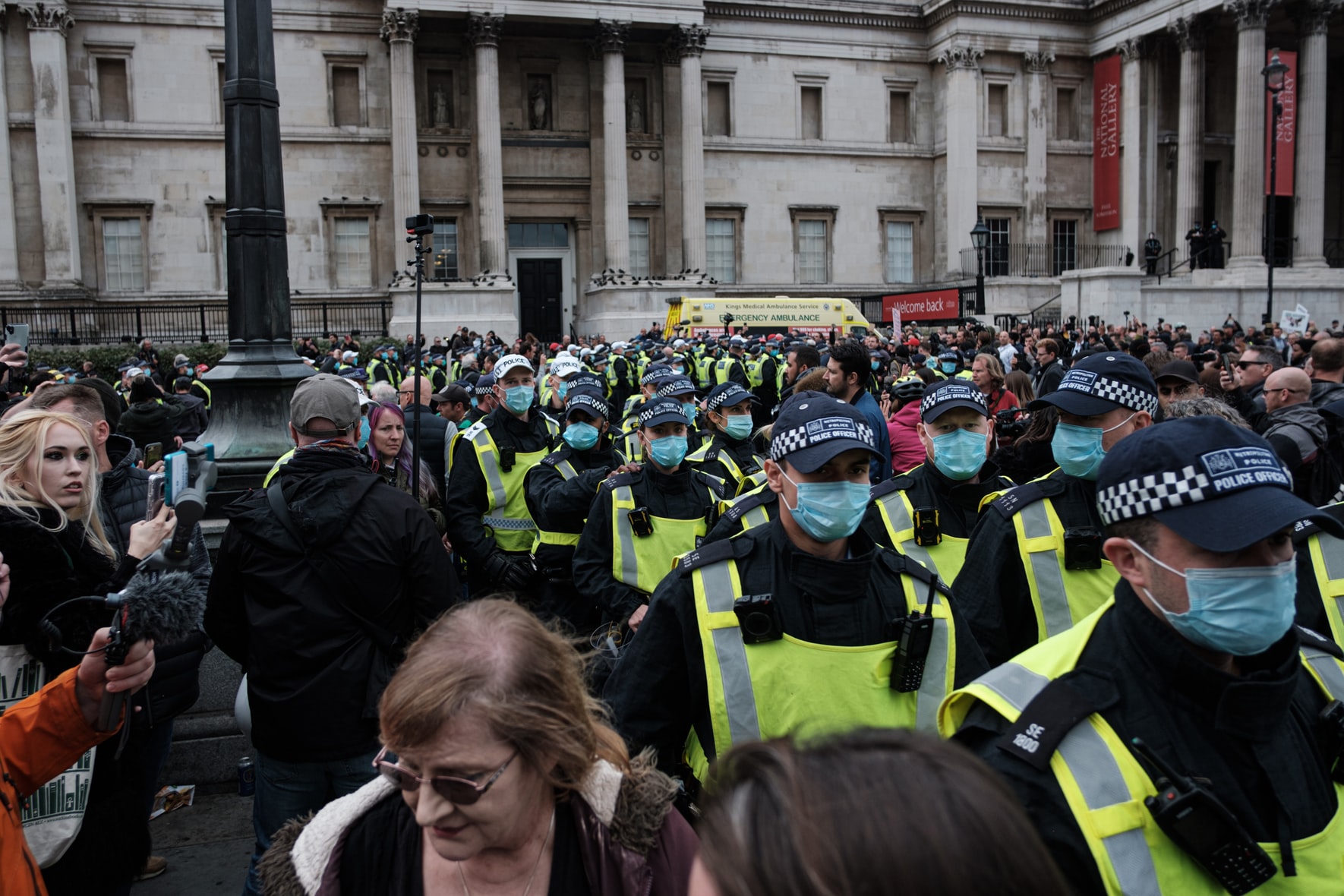Pandemic responses across the world have been highly reactive. However, there remain only three strategic options to managing coronavirus disease 2019 (COVID-19): mitigation, suppression and elimination
Objective:
With the promise of efficacious new vaccines, mitigation is appropriately not considered as part of Australia’s national strategy. However, our stated goal of achieving “no community transmission” remains poorly defined and risks missing important distinctions between elimination and suppression
Findings:
The rapid spread of the virus necessitates a public health strategy that is clear, robust and agile. Improved control combined with the increasingly clear seasonality of the virus5 suggest that control can be maintained throughout the summer. However, if vaccination has not been widely distributed before winter 2021 and we do not make clear choices, further major outbreaks remain likely.
View full paper here
First published: Dec 7, 2021
Department of Epidemiology and Preventive Medicine
The Monash University's [Department of Epidemiology and Preventive Medicine](https://www.monash.edu/medicine/sphpm/epidemiology) in the [School of Public Health and Preventive Medicine](https://www.monash.edu/medicine/sphpm) has initially focused on TB epidemiology and control, but recently shifted its focus to include a strong interest in the COVID-19 pandemic. The focus comprises the use of methodological approaches in the areas of deterministic and stochastic Modelling, Agent-based Simulations, Applied Mathematics, Bayesian inference, Statistics, Epidemiology, Health Economics, Computer Science and Data Visualisation.


